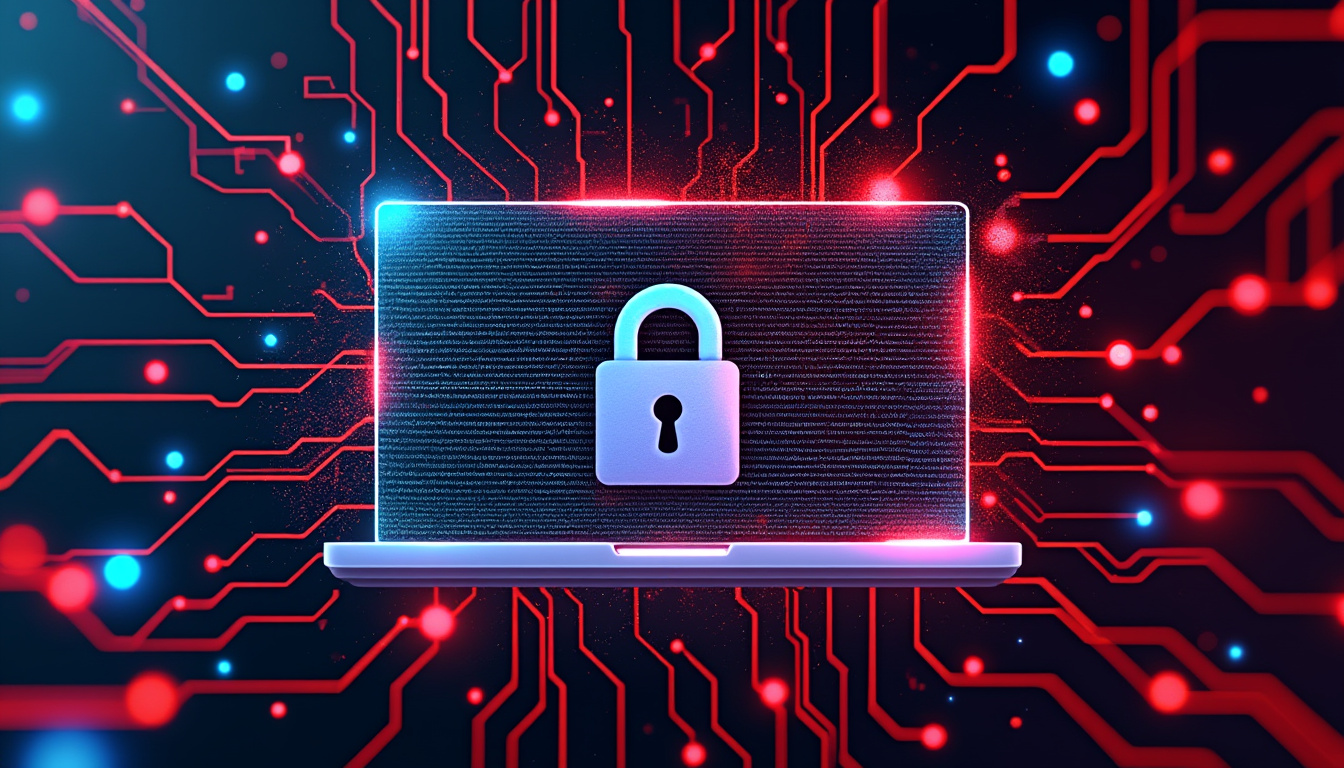In an era where technology facilitates seamless travel experiences, a dark shadow looms over the hospitality sector. Cybercriminals have adapted their tactics, honing in on vulnerabilities that can threaten both hotel employees and unsuspecting guests. A recent phishing scam, masquerading as a communication from Booking.com, has emerged as a significant threat. This scheme exploits the routine tasks of hotel staff, exposing sensitive information and potentially leading to catastrophic outcomes for both businesses and patrons. As we explore this nefarious activity, it becomes increasingly vital for hotels to bolster their defenses against cyber threats.
How the Booking.com Phishing Scheme Operates
The phishing campaign identified by cybersecurity experts at Malware Bytes employs deceptively familiar tactics to lure hotel staff into a trap. The journey begins with an innocuous-looking email that appears to be a standard reservation confirmation from Booking.com. For employees inundated with reservations, this email may seem harmless and routine—a mere formality in the daily grind of hotel management.
When hotel employees click the link in the email, they are redirected to a counterfeit version of the Booking.com login page, which bears an uncanny resemblance to the legitimate site. Here, they encounter a CAPTCHA prompt asking them to “prove you’re human.” This seemingly normal security measure is, in fact, a clever ruse. Unbeknownst to the employee, proceeding with this action does not validate their identity; it copies a malicious command to the clipboard.
With the phishing scheme fully operational, hotel staff are unwittingly instructed to paste this command into their Windows system. This action triggers the installation of a Trojan virus that offers hackers remote access to the hotel’s internal network. The implications of such access are dire.
- Stealing sensitive guest information, including booking details and personal data.
- Accessing payment records, which can facilitate financial fraud.
- Deploying ransomware to lock down the booking system until a ransom is paid.
- Using stolen data for further cybercrimes, including selling it on the dark web.

The Rising Threat to the Hospitality Sector
The hospitality sector has become an attractive target for cybercriminals. Various hotel chains, including Hilton, Marriott, Hyatt, Accor, InterContinental, Wyndham, and Best Western, face ongoing threats as they manage vast amounts of sensitive information. Cybersecurity vigilance is paramount, especially in an industry heavily dependent on online bookings and customer data.
According to recent statistics, the global costs associated with cybercrime in the hospitality sector have skyrocketed, with incidents increasing by over 60% in the past few years. A report indicates that the impact of these cyberattacks can cost businesses millions, disrupt operations, and tarnish reputations. Major players, including Airbnb and Expedia, have also had to bolster their defenses, as the risk extends beyond traditional hotel chains.
| Year | Cyber Incident Cost (in Millions) | Reported Incidents |
|---|---|---|
| 2023 | 150 | 20 |
| 2024 | 240 | 30 |
| 2025 | 300 | 50 |
Training and Preparation as a Shield
Given the alarming rise of these phishing schemes, hotels must prioritize training programs tailored to educate staff on cybersecurity awareness. Employees should be adept at recognizing the telltale signs of phishing attempts, enabling them to navigate potentially dangerous situations more effectively. Critical best practices for staff training include:
- Strictly verify the sender’s email address and domain.
- Prioritize manual login to legitimate websites rather than clicking email links.
- Be skeptical of any unexpected requests for personal information.
- Use strong, unique passwords for all accounts.
- Regularly update software and security protocols.
Through comprehensive training, hotels can empower their employees, turning them into a formidable line of defense against cyber threats. Companies can approach this through regular workshops, training refreshers, and even engaging cybersecurity professionals to conduct live simulations.
The Implications of Data Breaches in Hospitality
The fallout from data breaches can be devastating for a hotel, with repercussions that extend far beyond immediate financial losses. In scenarios where guest information is compromised, the loss of trust can be crippling. Guests expect their personal details to be safeguarded, and when companies experience breaches, they risk not only losing current customers but also deterring potential patrons.
Ransomware attacks that lock booking systems can further disrupt operations, leading to cancellations and reputational damage. Recovery from such incidents often requires a significant investment in technological upgrades and can lead to increased insurance premiums, which ultimately affects profitability.
- Long-term financial burdens from increased cybersecurity measures.
- Loss of customer loyalty and trust.
- Legal ramifications and penalties due to data protection violations.
The year 2025 has witnessed numerous instances where large hotel chains had to grapple with these severe consequences due to inadequate cybersecurity measures. Travel industry analyst reports suggest that companies facing breaches struggle to recover their market position effectively.
| Company | Reported Data Breach | Estimated Costs |
|---|---|---|
| Marriott | 2018 | 500 |
| Hilton | 2016 | 100 |
| Hyatt | 2017 | 70 |
Monitoring and Reporting: The Road Ahead
Ongoing vigilance is paramount in combating phishing schemes. Hotels must adopt robust monitoring systems designed to detect anomalies and unauthorized access attempts. Investing in advanced cybersecurity tools can provide hotels with predictive analytics, allowing them to foresee potential threats before they materialize.
Reporting incidents promptly is equally vital. Hotels that fail to disclose breaches in a timely manner face not only legal consequences but also increased scrutiny from regulatory bodies. Developing clear communication channels for reporting incidents is essential for swift action and effective resolution.
- Implement real-time monitoring tools to track network activity.
- Establish a clear protocol for incident reporting.
- Invest in threat analysis technology.
The Role of Partnerships in Strengthening Defenses
Engaging with cybersecurity partners can offer another layer of protection against phishing attacks. By collaborating with cybersecurity firms and industry organizations, hotels can gain insights into emerging threats and develop strategies tailored to their specific needs. Such partnerships allow for resource sharing and collective intelligence, creating a more robust defense network.
Moreover, participation in information-sharing groups can provide hotels with timely updates on new phishing schemes and tactics employed by hackers. Understanding the current landscape of threats can empower hotels to better equip themselves to combat potential attacks.
Ultimately, the goal is to foster a culture of cybersecurity awareness within the organization. Hotels like Accor and InterContinental have taken significant steps toward this endeavor, leading the charge in disseminating information and best practices to enhance security measures across the industry.

Conclusions on Combatting Phishing Threats
Phishing schemes, such as the one impersonating Booking.com, represent a tangible threat to hotel employees and guest information. As the landscape of cybersecurity continuously evolves, so too must the strategies deployed by hotels to safeguard their systems. Through comprehensive training, proactive monitoring, reporting protocols, and collaborative partnerships, hotels can fortify their defenses against this escalating menace. With the right precautions in place, hotels can not only protect their operations but also uphold the trust of their guests.
As we move through 2025 and beyond, vigilance and a proactive approach remain critical. By taking the necessary steps today, the hospitality industry can emerge stronger and more resilient in the face of these evolving cyber threats.
